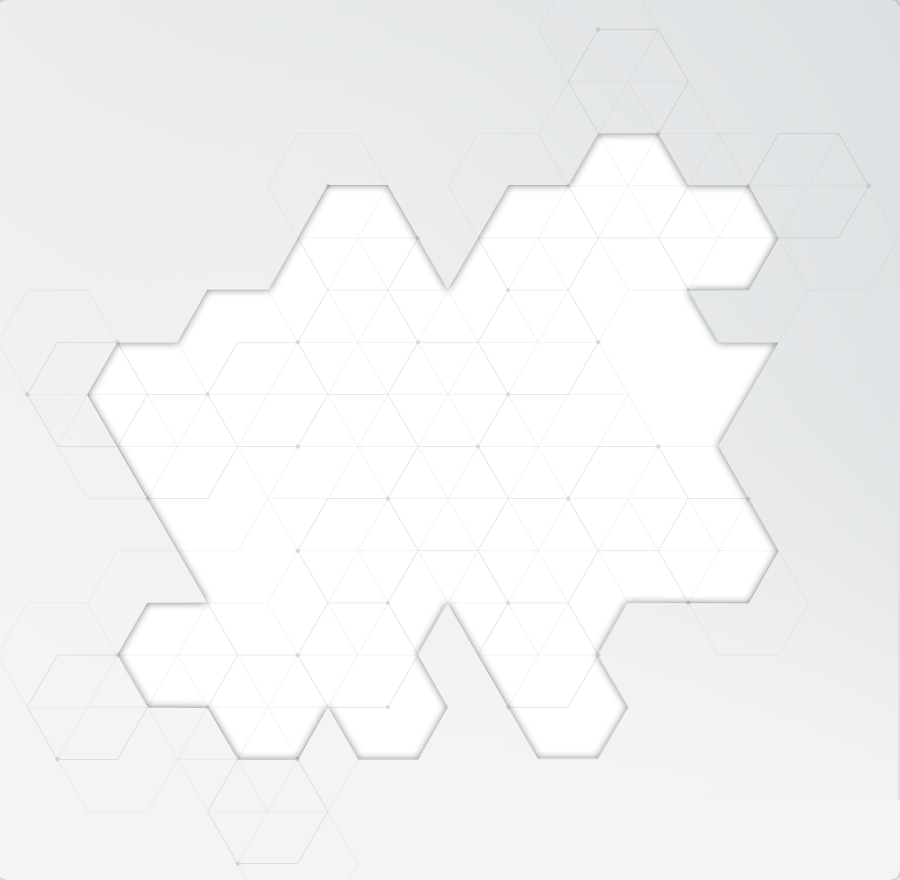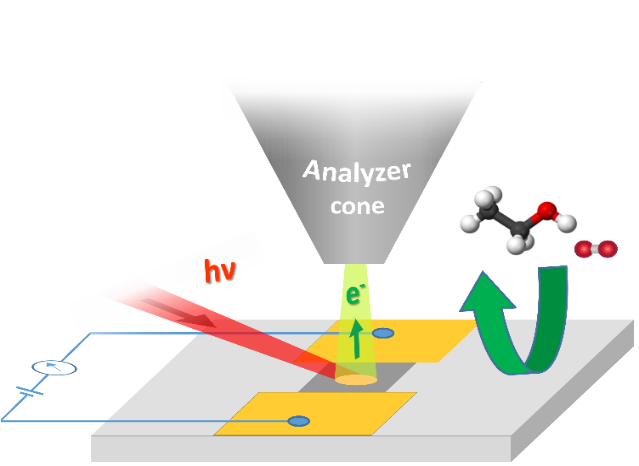

Increasing amount of greenhouse gases and volatile organic components in the atmosphere is forcing humanity to monitor and remove them from the environment. It is of high importance to develop highly sensitive gas sensors that can be used for monitoring of greenhouse gases and volatile organic components. The most suitable type of gas sensors for this purpose are sensors with a metal-oxide nanostructured (MOX-NS) sensitive layer. In addition, MOX-NS sensitive layers can be also used as the electrode material for electrochemical detection of different biomolecules or hydrogen peroxide, which is produced in organisms in very low concentrations and still causes oxidative damage. In the Nanomaterials group we developed a new operando approach for investigation of MOX-NS gas sensors based on near-ambient pressure X-ray photoelectron spectroscopy. We perform the chemical analysis of MOX-NS gas sensor surfaces while exposing them to different analytes. On basis of such operando research, important information concerning the gas sensing mechanism and recommendations how to improve the sensor performance (sensitivity, selectivity, detection limit, etc.) can be formulated.

| Grant provider | Czech Science Foundation |
| Programme | Standard Projects |
| Panel | P204 – Physics of Condensed Matter and Materials |
| Project ID: | 17-13427S |
| Duration | Jan 2017 – Dec 2019 |
| Principal investigator | Prof. Martin Vrňata (UCT) |
| Investigator (Charles Univ.) | Dr. Mykhailo Vorokhta |
| Partner organizations |
University of Chemistry and Technology, Prague, Institute of Physics of the Czech Academy of Sciences |
| Grant provider | Grantová agentura ČR |
| Programme | Standard projects |
| Panel | P102 - Electrical engineering and electronic engineering |
| Project ID | 21-08452S |
| Duration | 2021/01/01 - 2023/12/31 |
| Principal investigator | doc. Ing. Jaromír Hubálek Ph.D. |
| Co-investigator | Mgr. Mykhailo Vorokhta, Ph.D. |
Lectures, interesting facts and information in the field of nanomaterials and hydrogen technology.
© 2021 Matematicko-fyzikální fakulta Univerzity Karlovy.
Všechna práva vyhrazena. | Cookies